Normal Building Vocabulary Worksheets for Ages 3-4
45 filtered results
-
From - To
Introducing our "Normal Building Vocabulary for Ages 3-4" worksheets - a perfect start to your little one's journey into the world of words! Expertly crafted to engage and educate, these sheets are filled with colorful illustrations and activities tailored specifically for young learners. Each page is a fun-filled adventure that introduces basic vocabulary in the most delightful way. Designed to spark curiosity and encourage learning, our worksheets make vocabulary building an enjoyable experience. Ideal for preschoolers, these worksheets are your child's first step towards mastering the art of communication. Dive into our Normal Building Vocabulary journey and watch your child's language skills bloom!
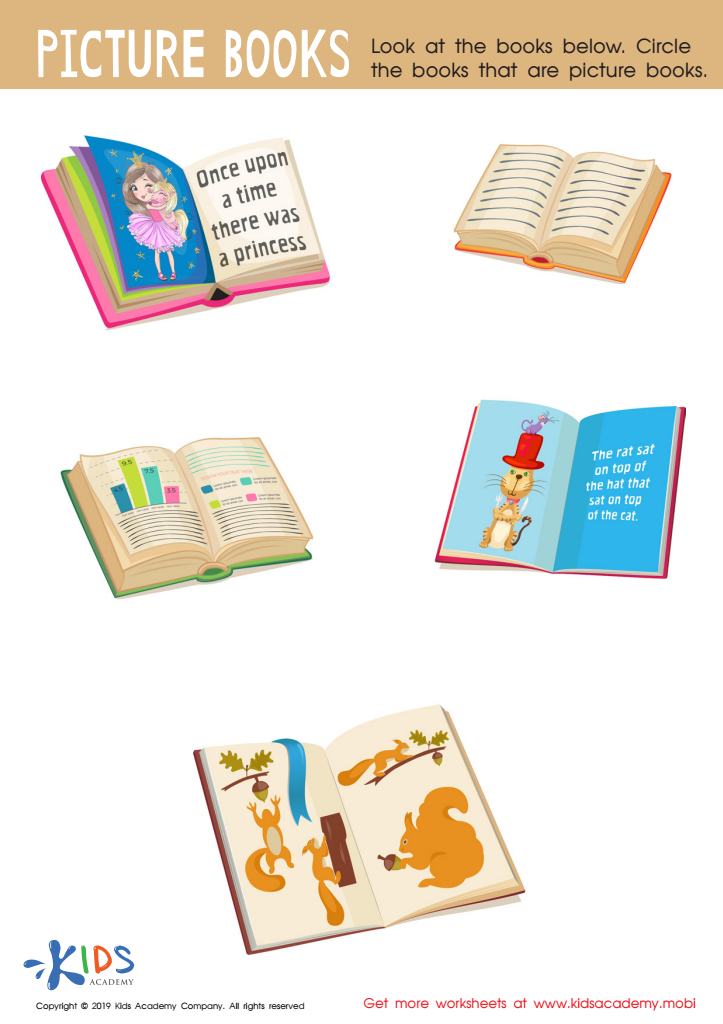

Picture Books Worksheet
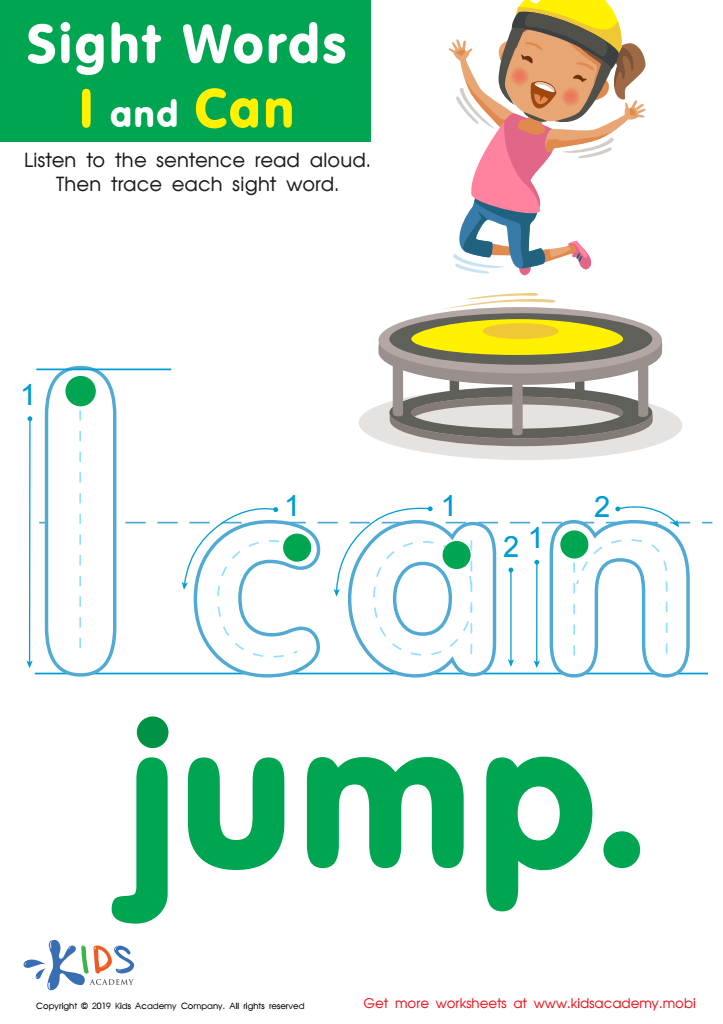

Sight Words I Can Worksheet
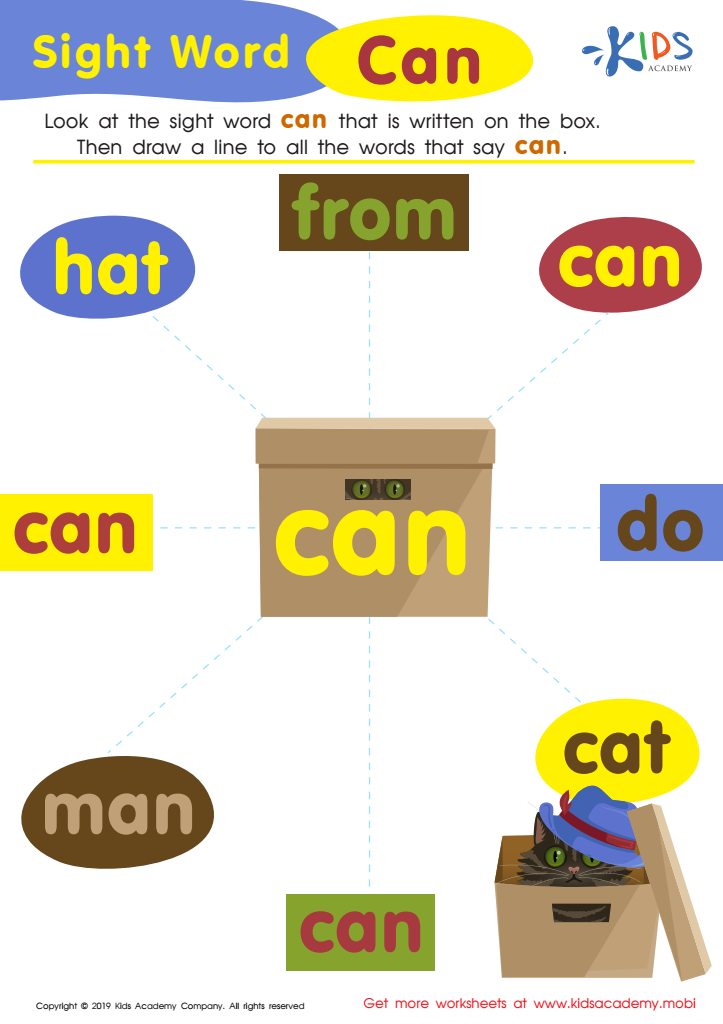

Sight Word Can Worksheet
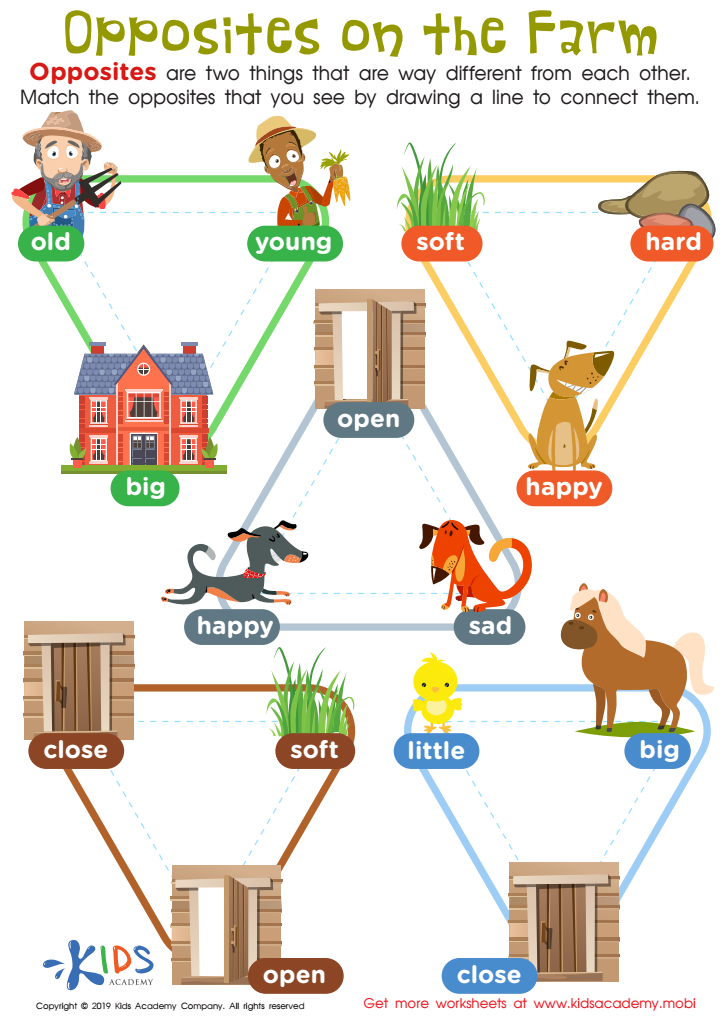

Opposites on the Farm Worksheet
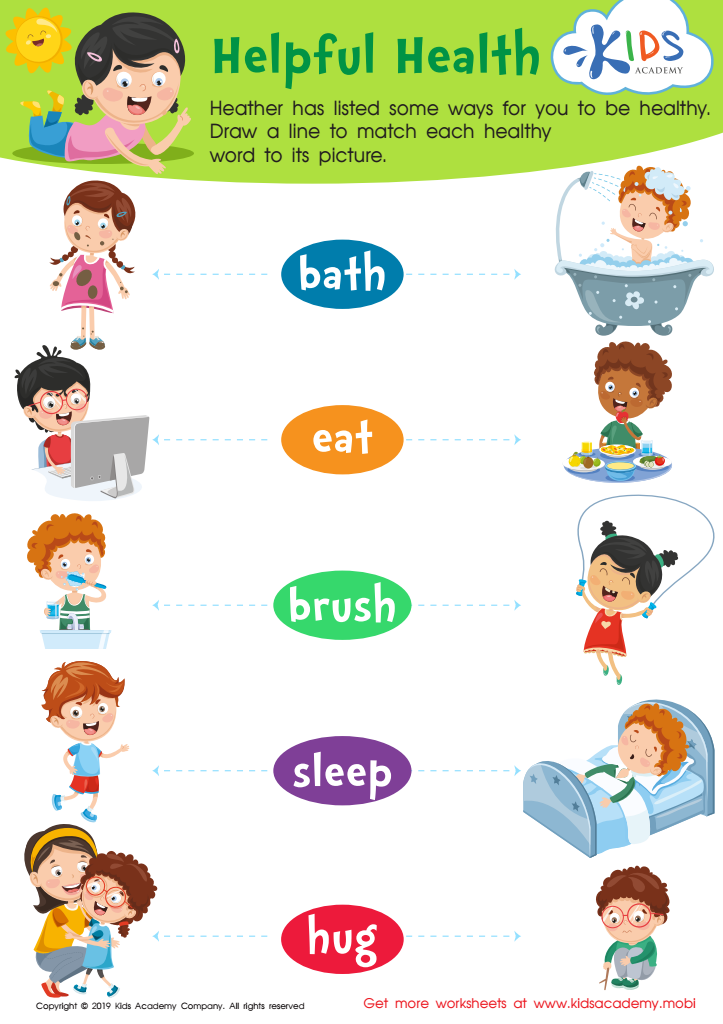

Helpful Health Worksheet


The 5 Sense Scientist Worksheet
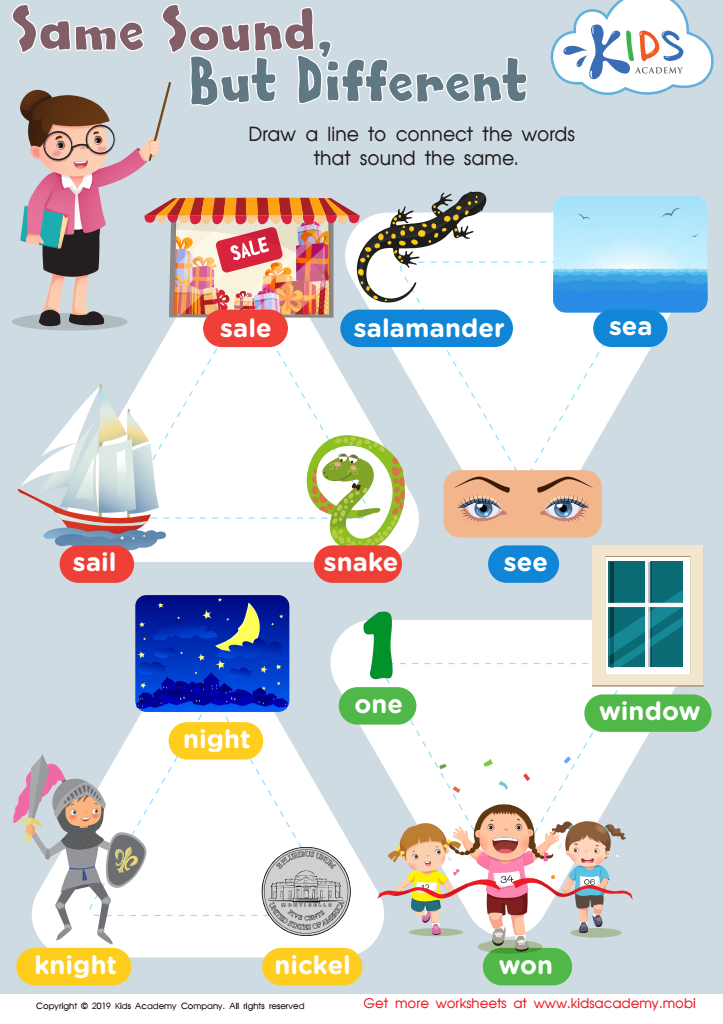

Sound Different Worksheet
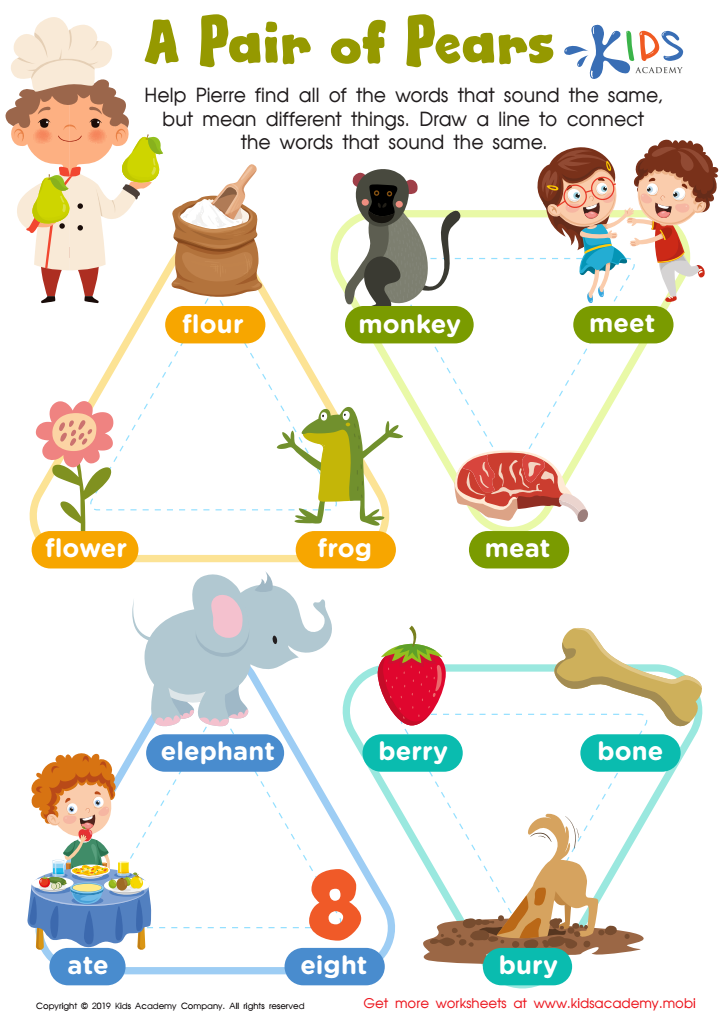

Pair Pears Worksheet
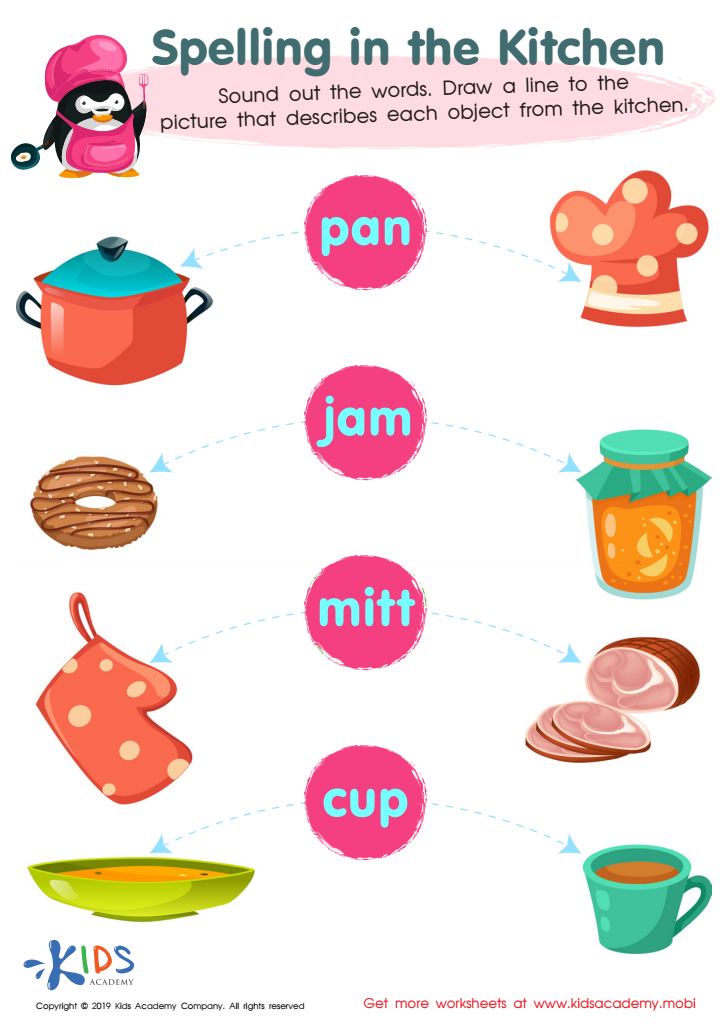

Spelling in the Kitchen Worksheet
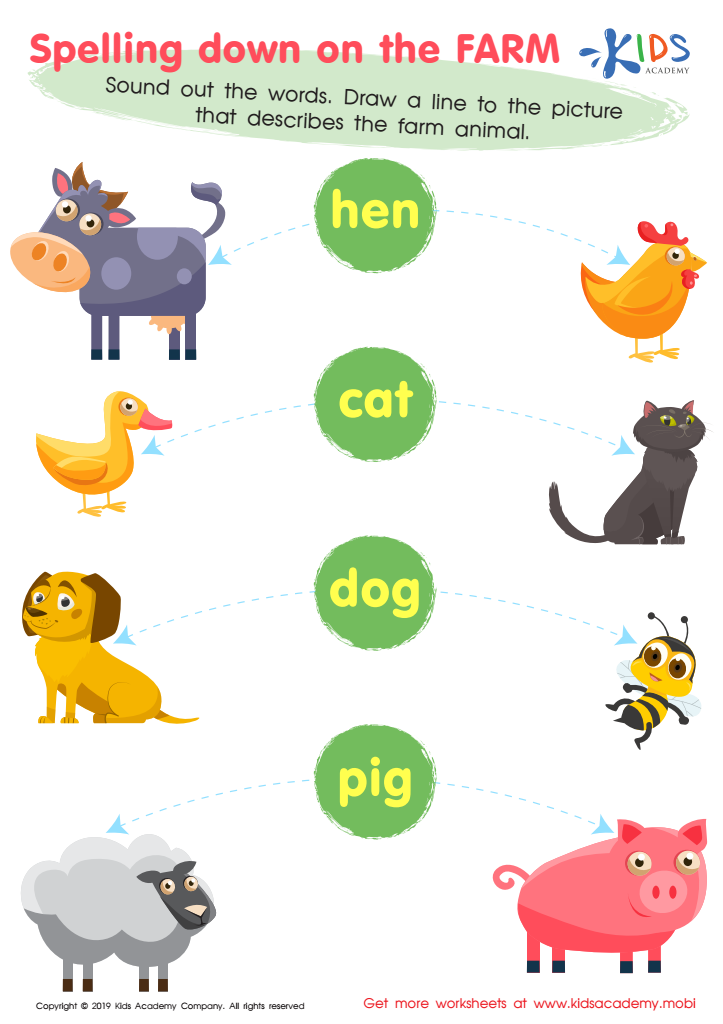

Spelling Down on the Farm Worksheet
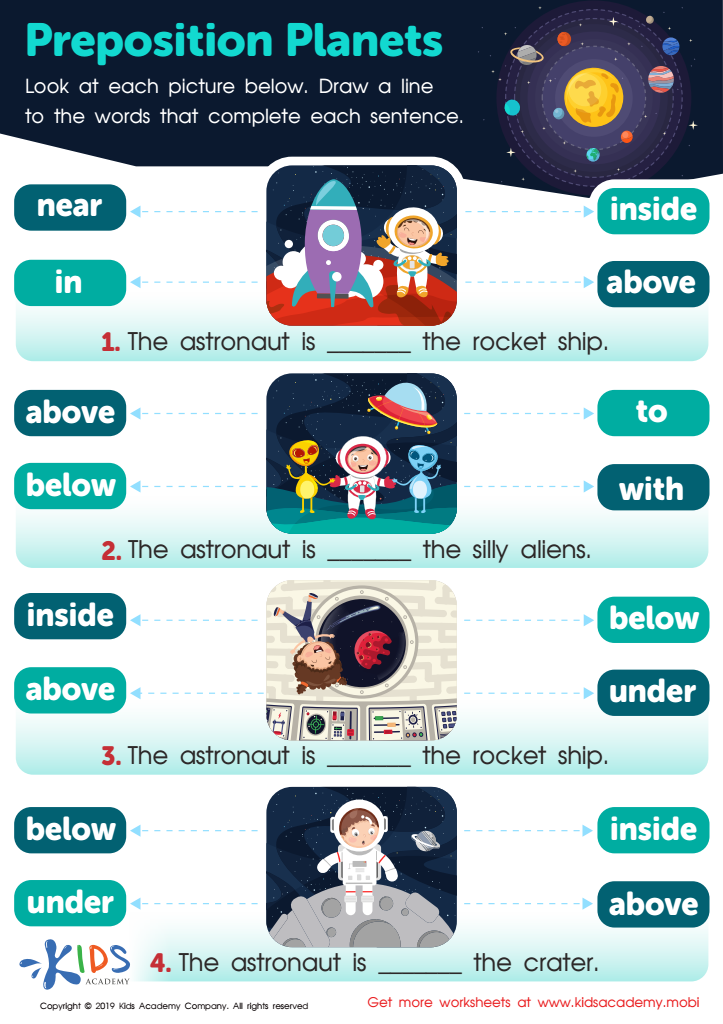

Preposition Planets Worksheet
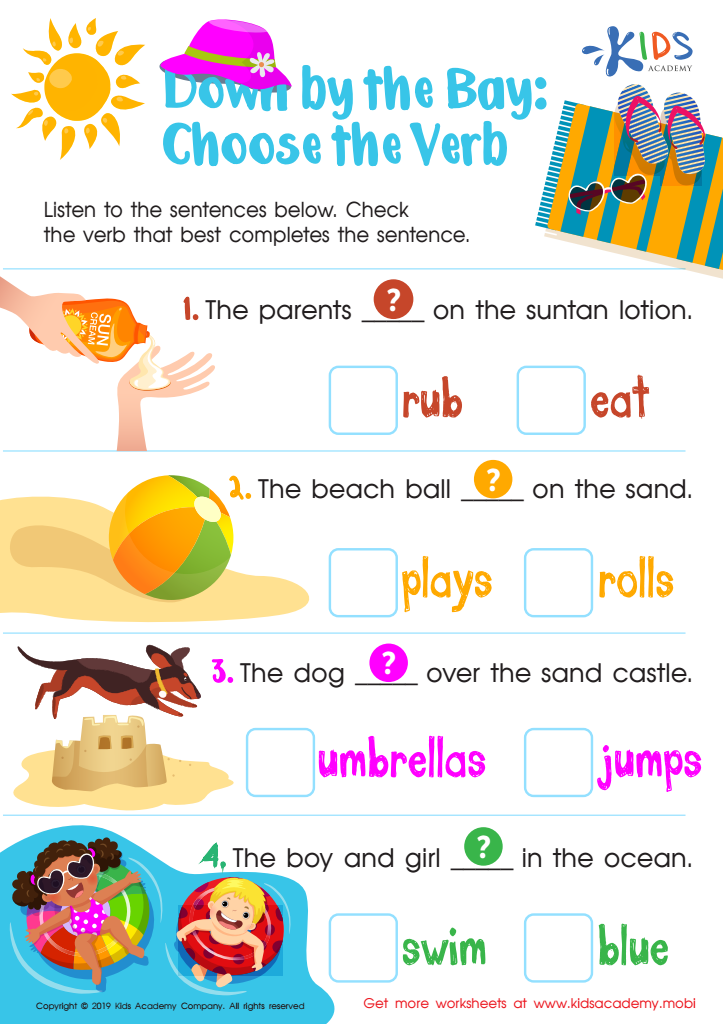

Down by the Bay: Choose the Verb Worksheet
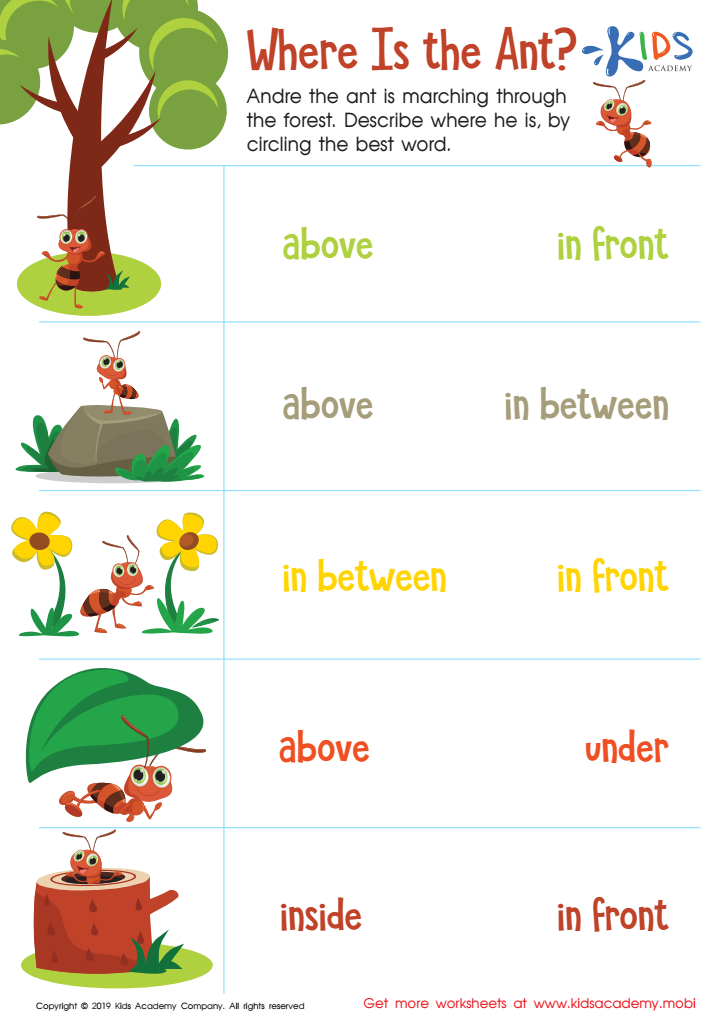

Where Is the Ant? Worksheet
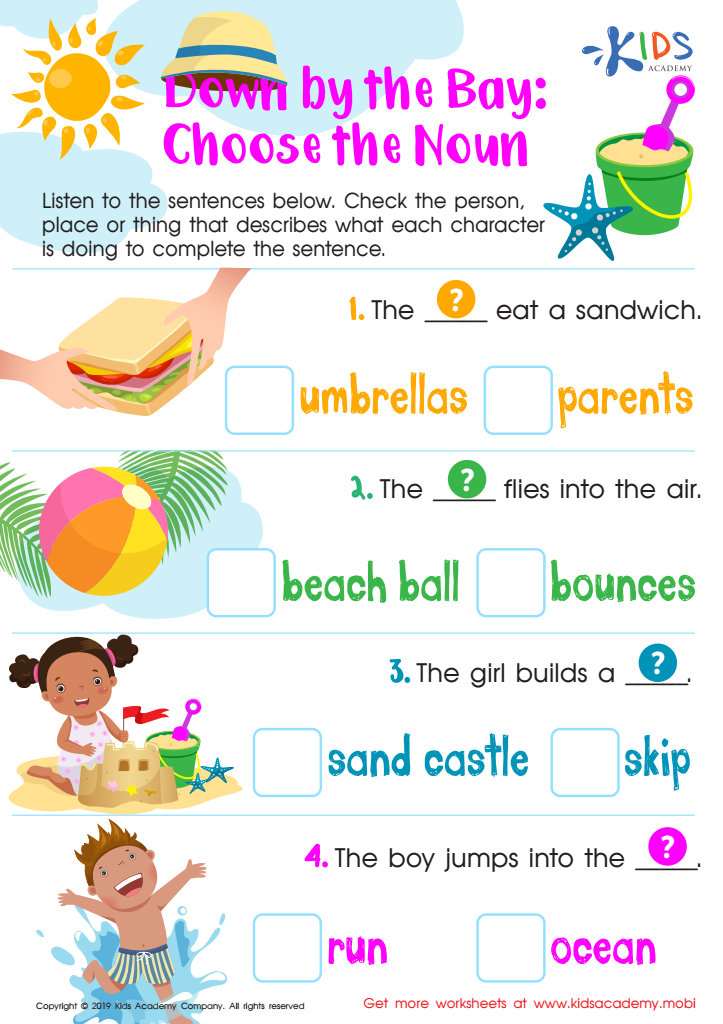

Down by the Bay: Choose the Noun Worksheet
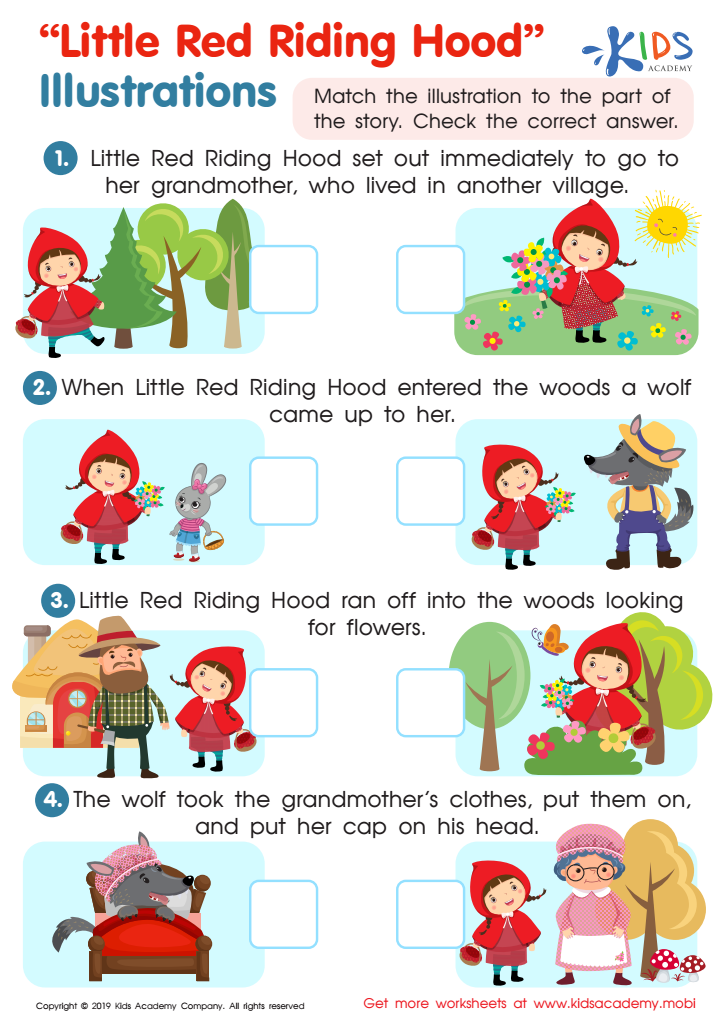

Little Red Riding Hood: Illustrations Worksheet
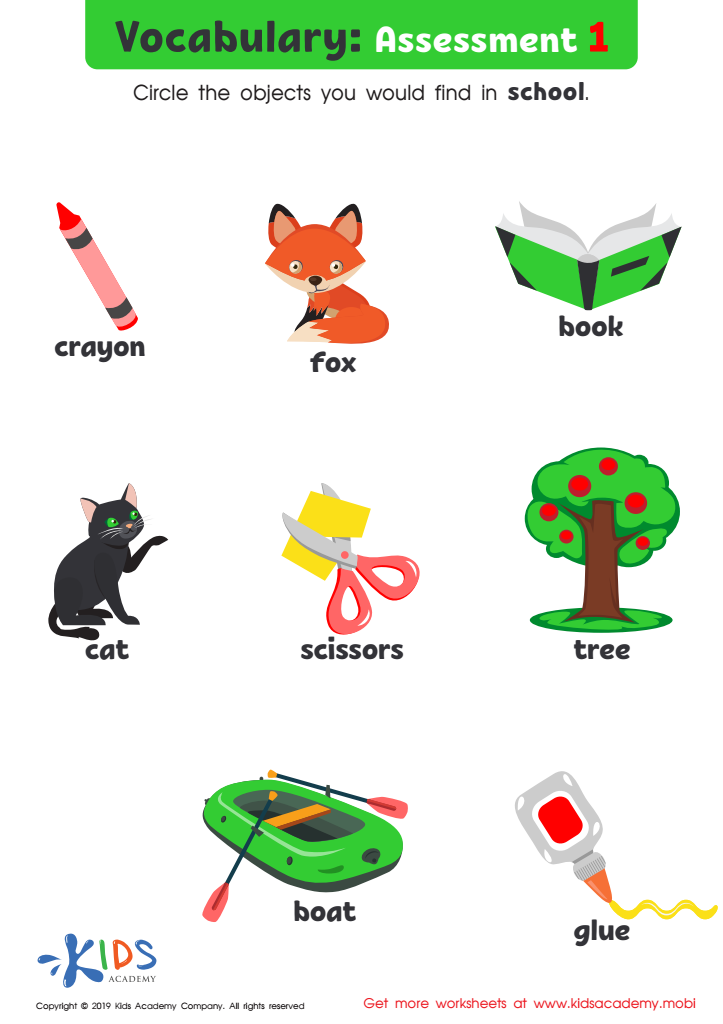

Vocabulary: Assessment 1 Worksheet
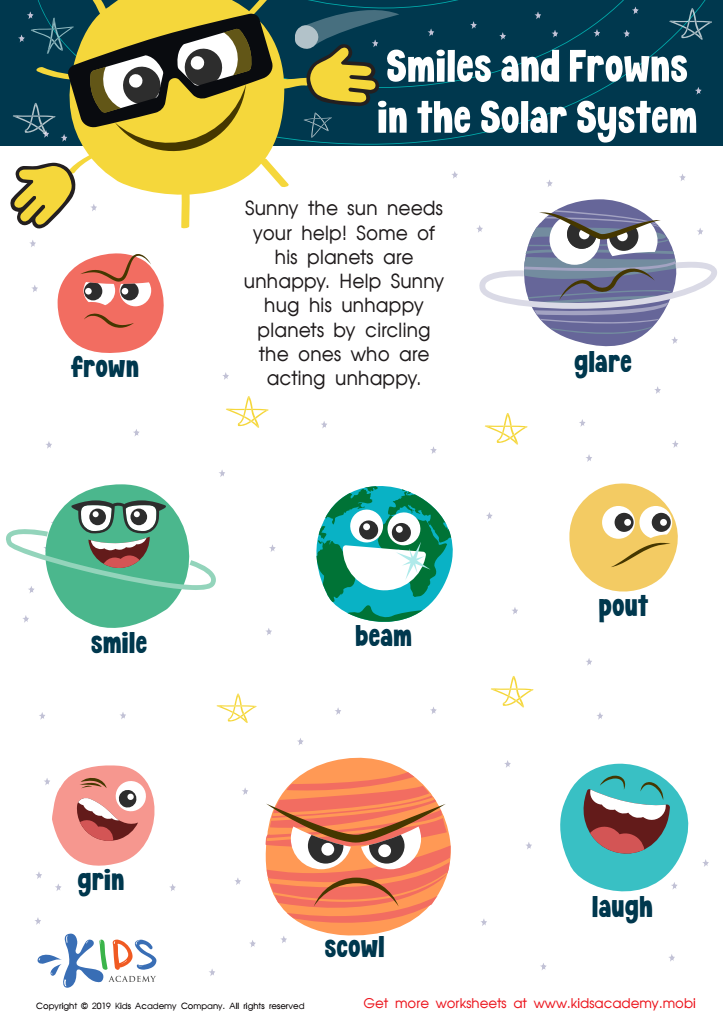

Smile and Frowns in the Solar System Worksheet
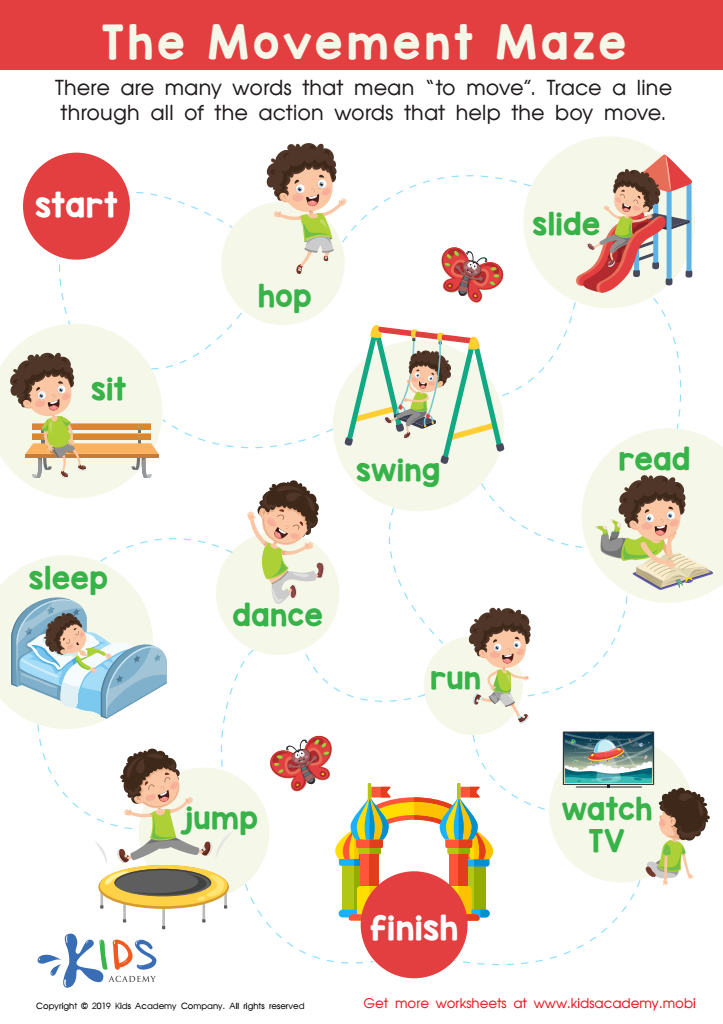

The Movement Maze Worksheet
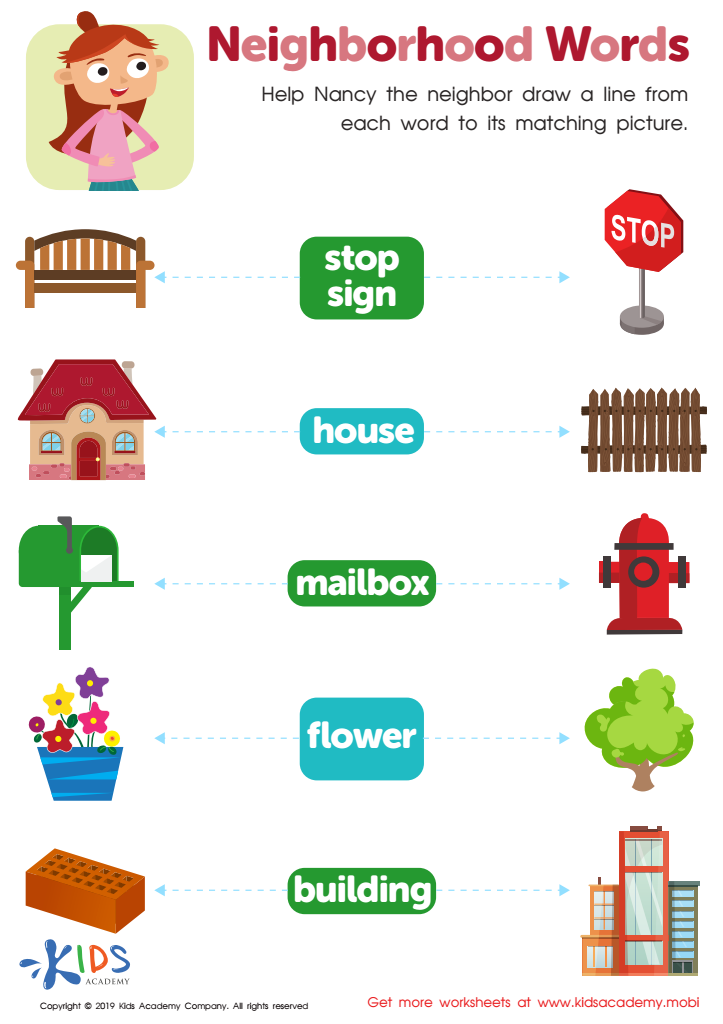

Neighborhood Words Worksheet
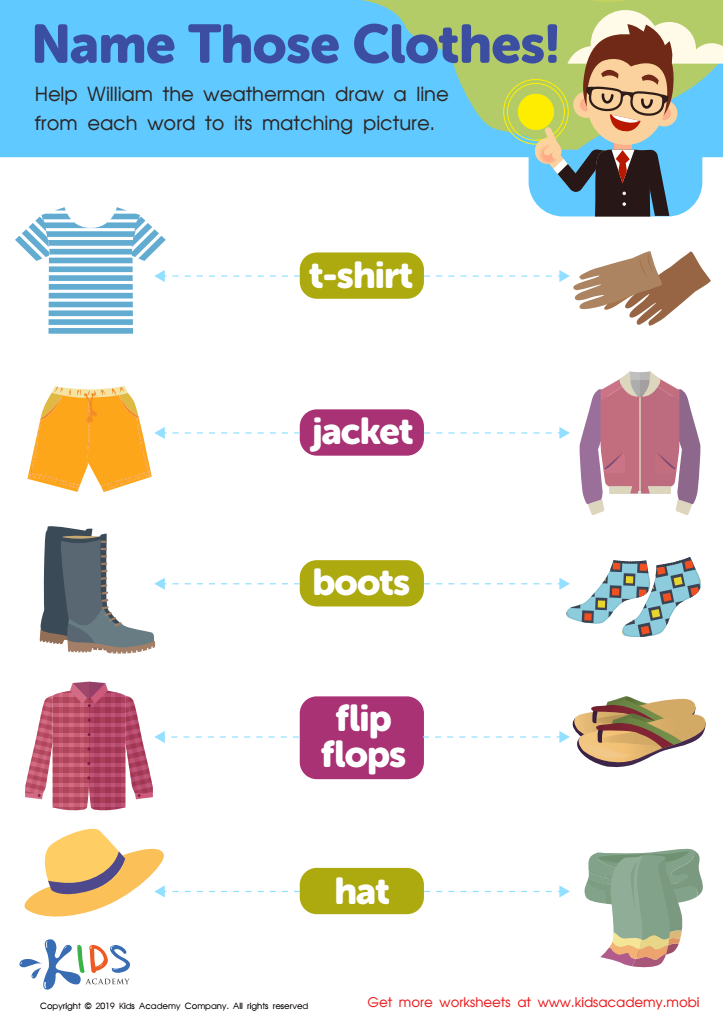

Name Those Clothes Worksheet
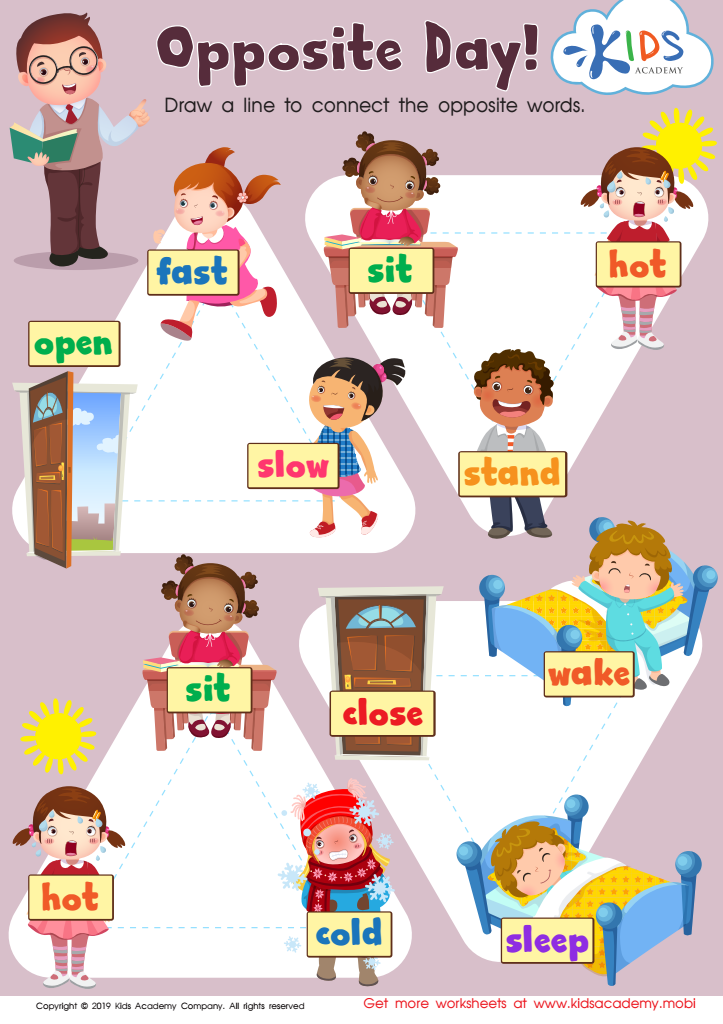

Opposite Day Worksheet
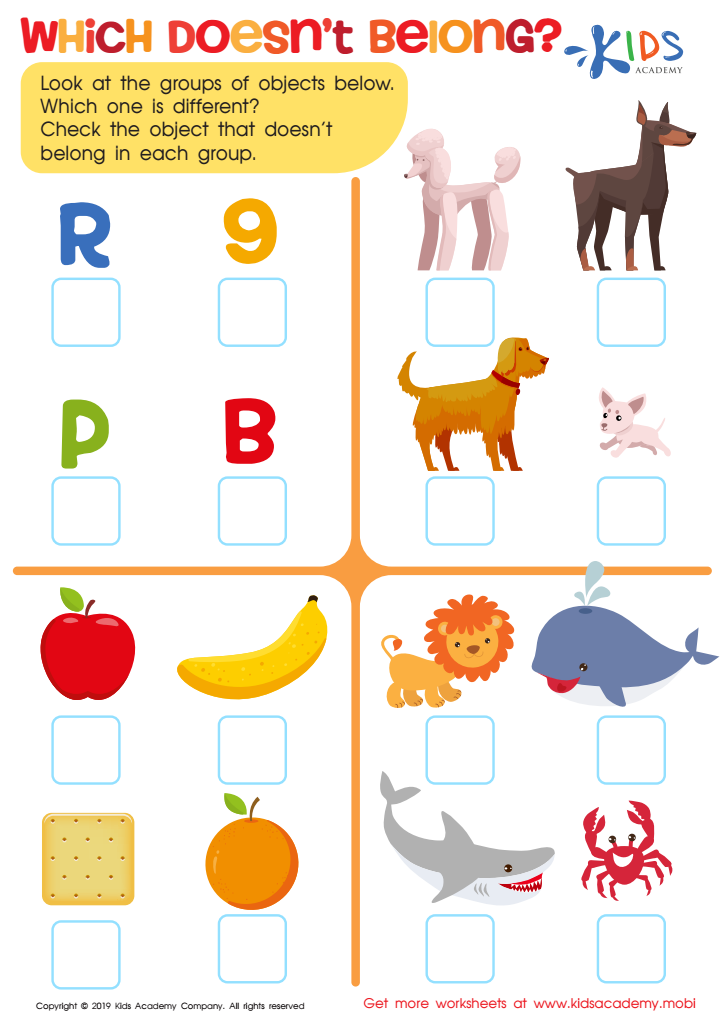

Which Doesn't Belong? Worksheet
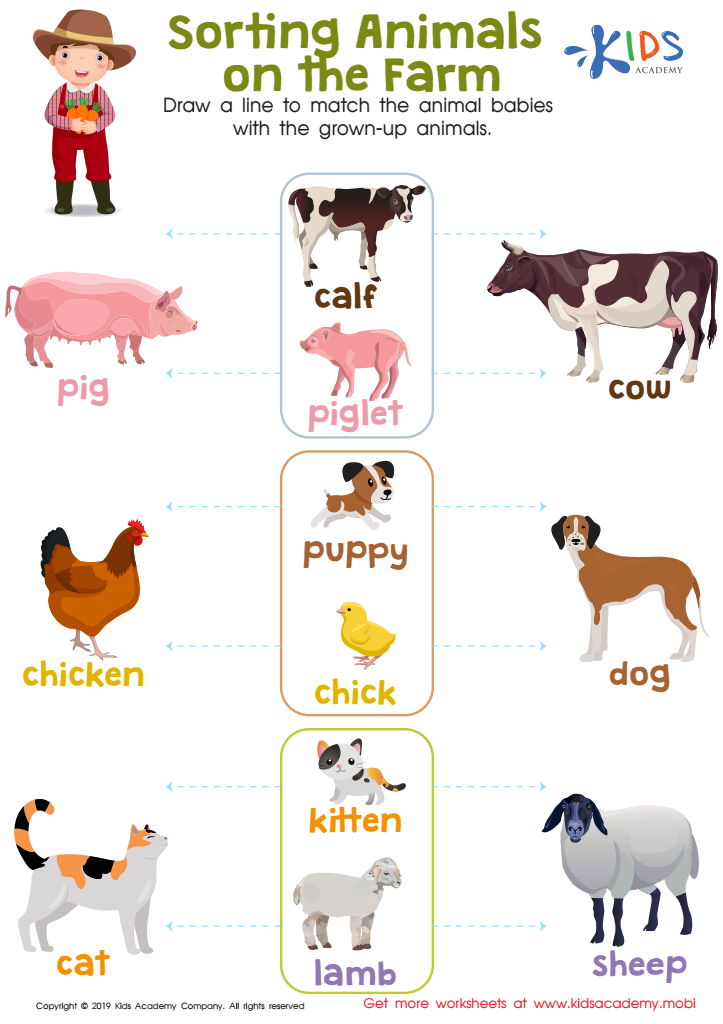

Sorting Animals on the Farm Worksheet
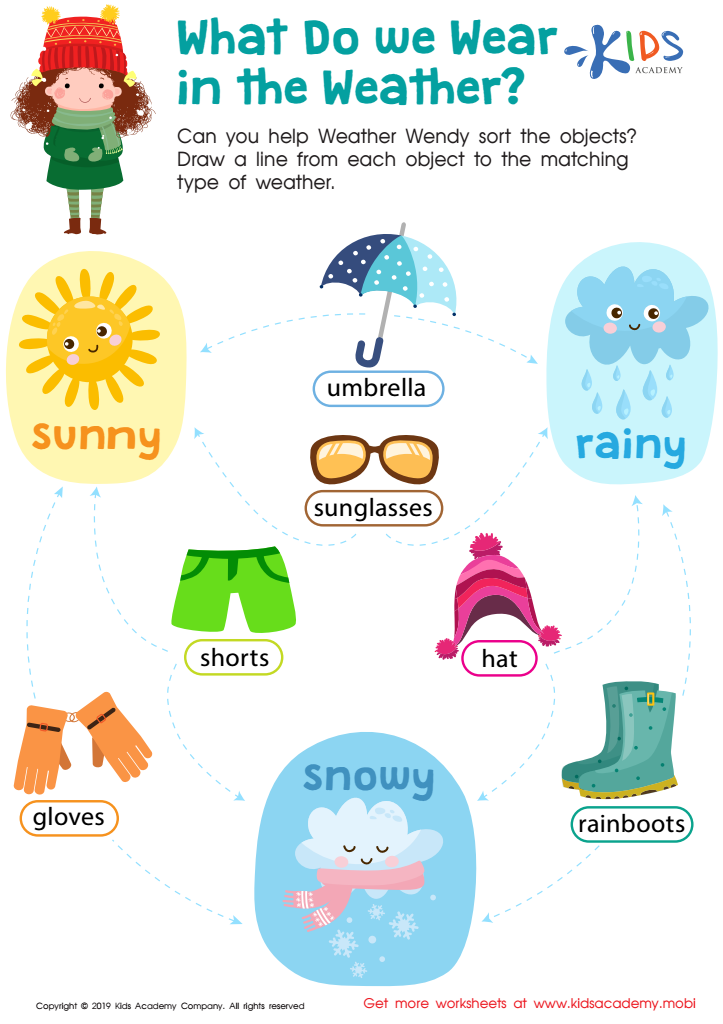

What Do We Wear in the Weather? Worksheet
Normal Building Vocabulary worksheets for Ages 3-4 are an indispensable tool in the foundational stage of a child's linguistic development. At this critical age, children are at the peak of their ability to absorb new information, making it the perfect time to introduce them to a rich and diverse vocabulary. These specialized worksheets are designed to cater specifically to the learning capacities of 3 to 4-year-olds, ensuring that the content is not only age-appropriate but also engaging and fun.
The use of Normal Building Vocabulary worksheets for Ages 3-4 facilitates a structured approach to vocabulary building. Through a variety of interactive activities such as matching games, picture labeling, and simple word puzzles, children are introduced to new words in a context that makes understanding and retention more likely. This methodical approach helps in laying a strong linguistic foundation, boosting their confidence in language use, and enhancing their reading and comprehension skills in later years.
Moreover, these worksheets are instrumental in promoting cognitive development. Learning new words and their meanings stimulates children's brains, encouraging critical thinking and problem-solving skills. The benefits of Normal Building Vocabulary worksheets for Ages 3-4 extend beyond mere word acquisition; they foster a lifelong love for learning and a curiosity about the world, making them a crucial part of early childhood education.
 Assign to My Students
Assign to My Students





















